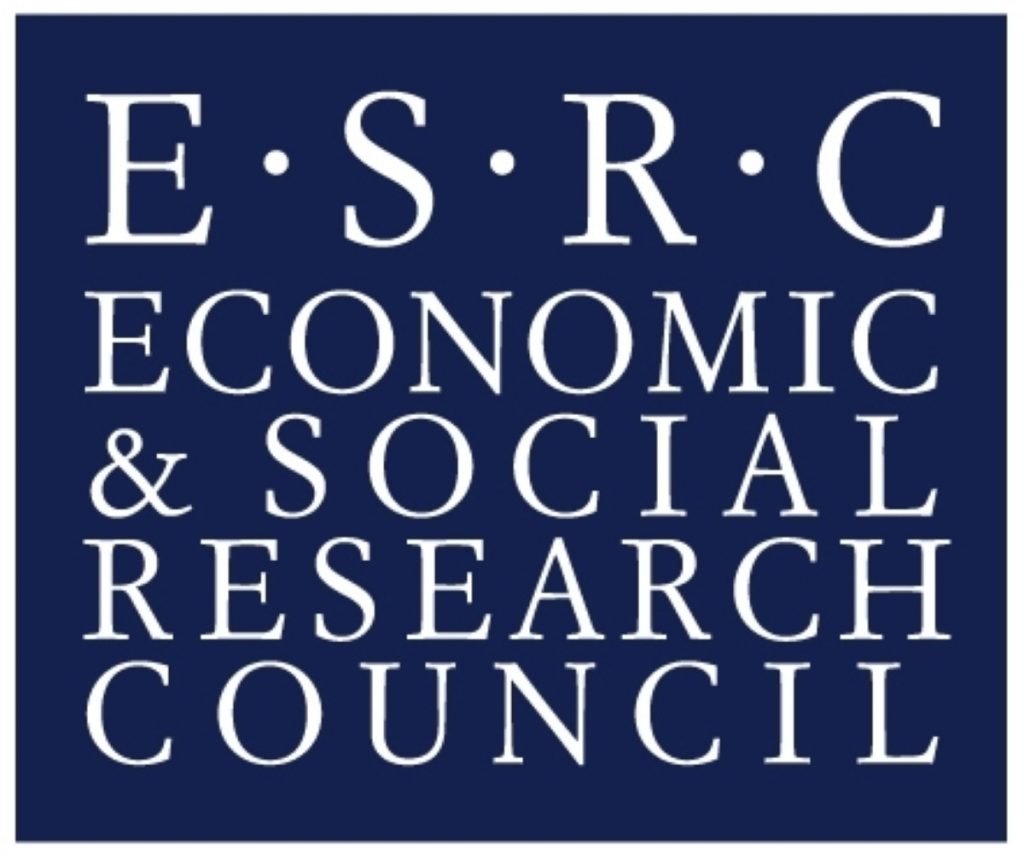ESRC: Trained NHS therapists can help insomniacs
Insomnia sufferers in England could have greater access to successful treatment, thanks to a training programme developed as part of trials of Cognitive Behaviour Therapy for Insomnia (CBTi), funded by the Economic and Social Research Council (ESRC).
In Britain, people report having insomnia more often than any other psychological condition, including anxiety, depression and even pain, according to the Office of National Statistics. Yet the only treatment offered in most doctors’ surgeries is a course of sleeping tablets.
“It is well known that sleeping pills can be addictive and their efficacy wears off over time,” says Professor Kevin Morgan of Loughborough University who led the trials. “It is also known that CBTi can treat insomnia more effectively than drugs in the long term. However, until now major barriers to delivering CBTi have included a shortage of trained therapists and the absence of an appropriate clinical service through which to deliver treatments.”
The trials proved that CBTi can benefit people with insomnia at any age. It can even be successful for sufferers with other chronic illnesses, as well as those who are particularly prone to insomnia. The most unexpected outcome of the research is the success of the CBTi training which was developed, initially, to enable participants to take part in the project. Since the end of the trials, Professor Morgan’s group have delivered training for therapists in Health Authorities all over the country. “Every Parkinson’s disease nurse in Scotland has been trained in CBTi and new courses are planned for Oxford and South Yorkshire”, Professor Morgan says.
“You see, we had this accumulated wisdom on delivering CBTi as part of our trials. Now, by rolling out this training programme for regional Health Authorities, we have effectively overcome one of the chief barriers to giving CBTi for insomnia: the lack of skills in the workforce.”
“CBTi is not a difficult concept”, Professor Morgan points out. “It is a question of encouraging insomnia sufferers to think about their sleep in a different way and to change the habits that bring about their sleep problems”.
The trials involved delivering the principles of cognitive behavioural management for insomnia, in a structured programme of ‘self-help’. Patients were given six weekly booklets that explained how sleep works and how to gain control of it. They were given access to a helpline, staffed by ‘expert patients’ who were themselves insomnia sufferers.
Professor Morgan states, “The booklets teach us how to ‘retrust’ the bedroom and relearn how to link it with sleep. In the same way that we do with food, for example thinking about entering a restaurant can trigger your mouth to water and anticipate food, so, entering your bedroom should bring on a desire to sleep”.
“It is a question of giving people the tools to break the vicious circle,” Professor Morgan says. “Most sufferers have never considered that they can do anything about their insomnia. But now, with the possibility of training therapists to deliver self-help CBTi from doctors’ surgeries that is set to change.”
For further information contact:
Professor Kevin Morgan
Email: K.Morgan@lboro.ac.uk
Telephone: +44 (0)1509 222288
ESRC Press Office:
Jeanine Woolley
Email: jeanine.woolley@esrc.ac.uk
Telephone 01793 413119
Melanie Knetsch
Email: melanie.knetsch@esrc.ac.uk
Telephone 01793 413049
NOTES FOR EDITORS
1. This release is based on findings and outcomes of a large interdisciplinary project ‘Optimising Quality of Sleep Among Older People in the Community and Care Homes: An integrated approach,’ which was funded by the Economic and Social Research Council and carried out by the University of Surrey (Professor Sara Arber, Professor Debra Skene & Dr Ingrid Eyers), the University of Bath (Professor Roger Orpwood), King’s College London (Professor David Armstrong) and Loughborough University (Professor Kevin Morgan).
2. The trial that was part of this project evaluated the effectiveness of a self-help cognitive behavioral intervention to improve sleep quality among older adults reporting insomnia symptoms associated with chronic disease. Self-help participants received six consecutive booklets, at weekly intervals, providing structured advice on key components of cognitive behavioral therapy for insomnia (CBTi including self-monitoring, sleep restriction, stimulus control procedures and cognitive strategies), plus access to a telephone helpline. Control group participants received a single sheet of advice, detailing standard sleep hygiene measures. The primary outcome was sleep quality, measured by the Pittsburgh Sleep Quality Index. Secondary outcomes were the Insomnia Severity Index, the subjective sleep efficiency index, and the Fatigue Severity Scale.
3. The Economic and Social Research Council (ESRC) is the UK's largest organisation for funding research on economic and social issues. It supports independent, high quality research which has an impact on business, the public sector and the third sector. The ESRC’s total budget for 2012/13 is £205 million. At any one time the ESRC supports over 4,000 researchers and postgraduate students in academic institutions and independent research institutes. More at www.esrc.ac.uk
Kind Regards
Jeanine Woolley
Economic and Social Research Council
Communications Manager
Communications Team
Polaris House, North Star Avenue
Swindon, SN2 1UJ
United Kingdom
01793 413119
You can now follow updates from the ESRC on Twitter (http://twitter.com/esrc), including new funding calls as they are posted, press releases, events and more .





-01.png)